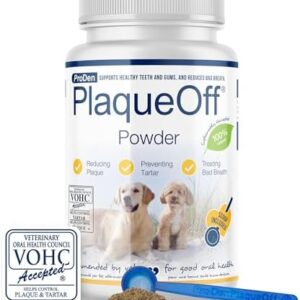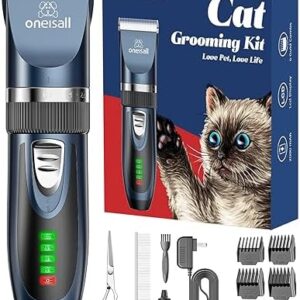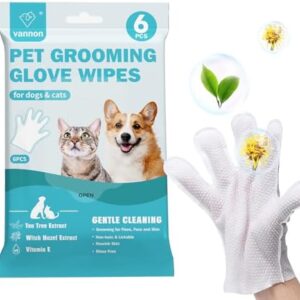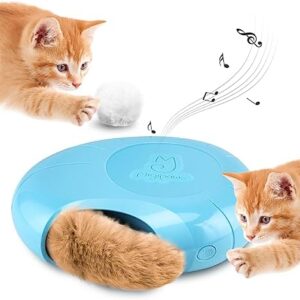
As a cat lover, you want the best for your feline friend at every stage of their life. Just like humans, cats have specific nutritional needs that change as they grow older. By tailoring your cat’s diet to their life stage, you can ensure they’re getting the proper balance of nutrients to stay healthy and happy.
When a kitten is first welcomed into your home, their nutritional needs are much different than those of an adult cat. Kittens require a diet high in protein, as this is essential for their growth and development. Look for a kitten-specific formula that contains high-quality protein sources like chicken or fish. It’s also important to make sure your kitten is getting the right balance of vitamins and minerals to support their immune system and overall health.
As your kitten grows into an adult cat, their nutritional needs will change as well. Adult cats require a diet that maintains their weight and energy levels, while also providing essential nutrients to support their overall health. Look for a cat food that is labeled for adult cats and contains a balance of protein, fats, and carbohydrates.
Senior cats have different nutritional needs compared to their younger counterparts. As cats age, their metabolism slows down and they may become less active. Senior cats also have a higher risk of developing health issues such as kidney disease or arthritis. For senior cats, it’s important to choose a diet that is specifically formulated for their age group. Look for cat food that is labeled for senior cats and contains nutrients that support joint health, kidney function, and overall well-being.
When it comes to choosing the right cat food for your feline friend, it’s important to consider their individual needs and preferences. Some cats may have food sensitivities or allergies, so it’s important to choose a diet that avoids common allergens like wheat, soy, or corn. If your cat has specific health issues, such as diabetes or kidney disease, consult with your veterinarian to find a diet that is tailored to their specific needs.
In addition to choosing the right type of cat food, it’s also important to consider how you feed your cat. Cats are natural grazers, so it’s best to offer them small, frequent meals throughout the day rather than one large meal. This can help prevent obesity and digestive issues, while also keeping your cat satisfied and happy.
Many cat owners choose to feed their feline friends a combination of dry and wet cat food. Wet cat food can be a good choice for cats who have trouble staying hydrated, as it contains a higher moisture content than dry cat food. It’s also a good option for cats who are picky eaters or have dental issues, as wet cat food is easier to chew and digest. Dry cat food, on the other hand, can be a convenient option for busy pet owners, as it can be left out for your cat to nibble on throughout the day.
When it comes to choosing the right cat food for your furry friend, it’s important to do your research and find a high-quality diet that meets their specific needs. Look for cat food that is made with real meat as the first ingredient, and avoid diets that contain artificial colors, flavors, or preservatives. It’s also a good idea to consult with your veterinarian to get personalized recommendations based on your cat’s age, health, and lifestyle.
By tailoring your cat’s nutrition to their life stage, you can help them live a long, healthy, and happy life. Just like humans, cats thrive on a diet that provides them with the proper balance of nutrients they need to thrive. So whether you have a playful kitten, a curious adult cat, or a wise senior feline, make sure to provide them with the best diet possible to support their unique nutritional needs. Your cat will thank you for it with purrs, snuggles, and plenty of happy meows.






